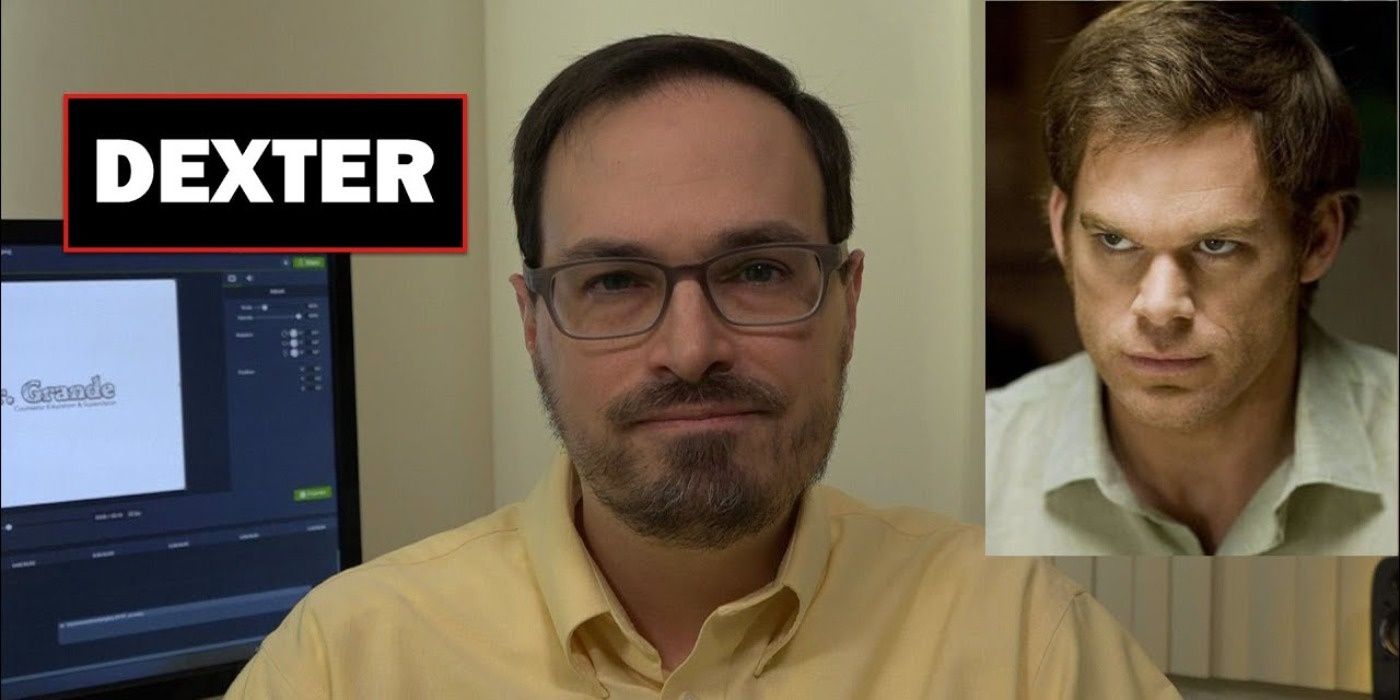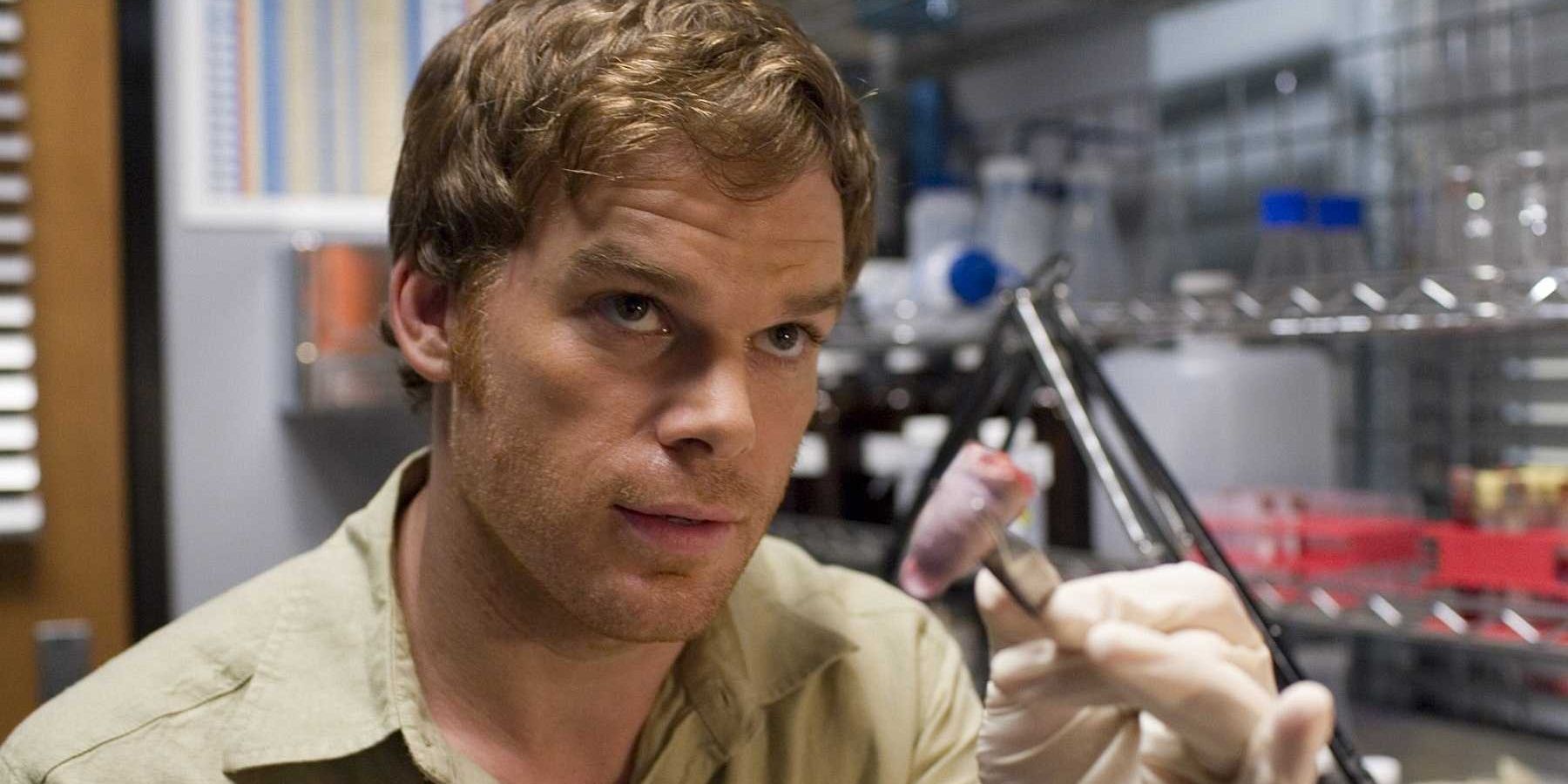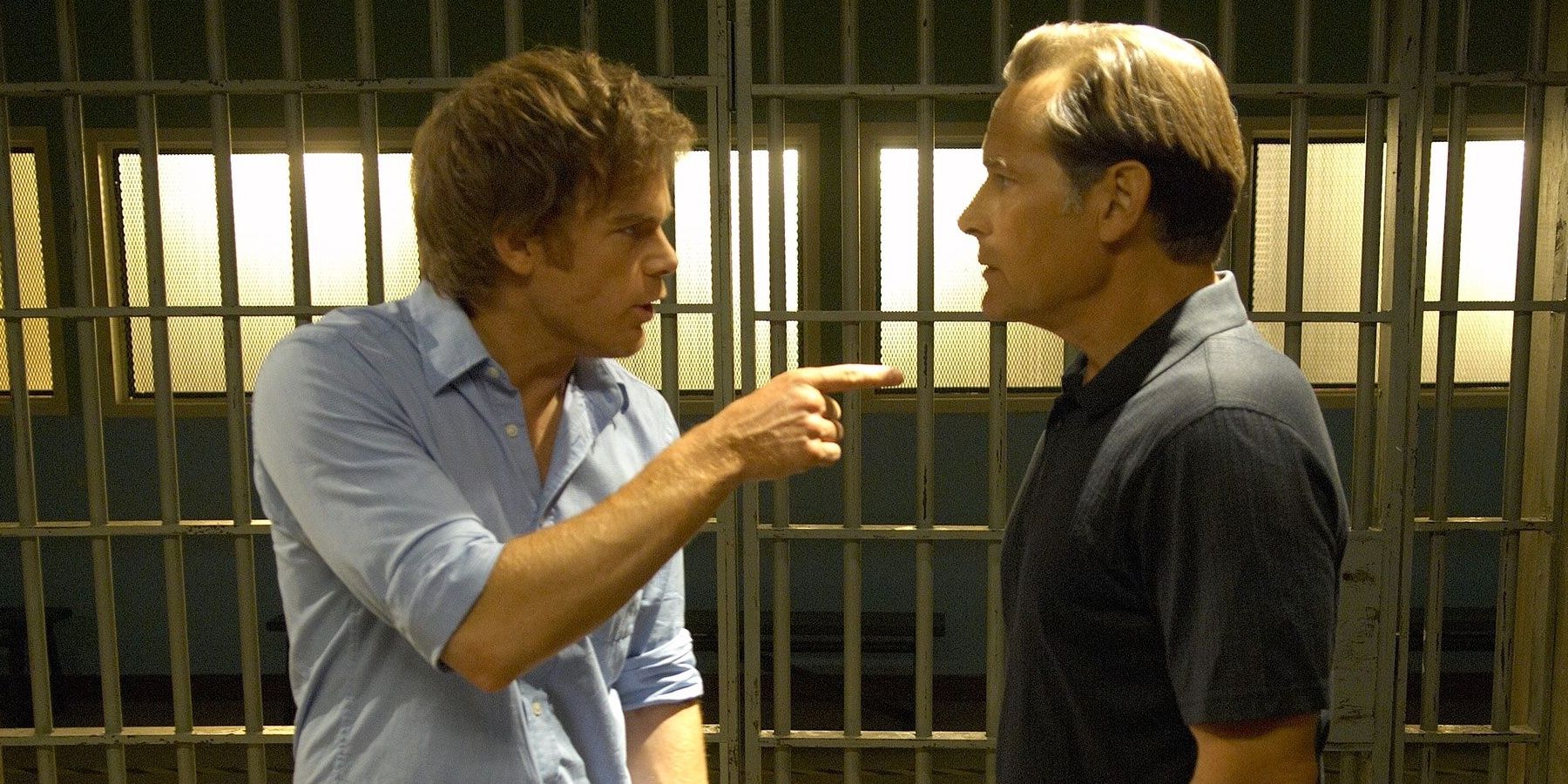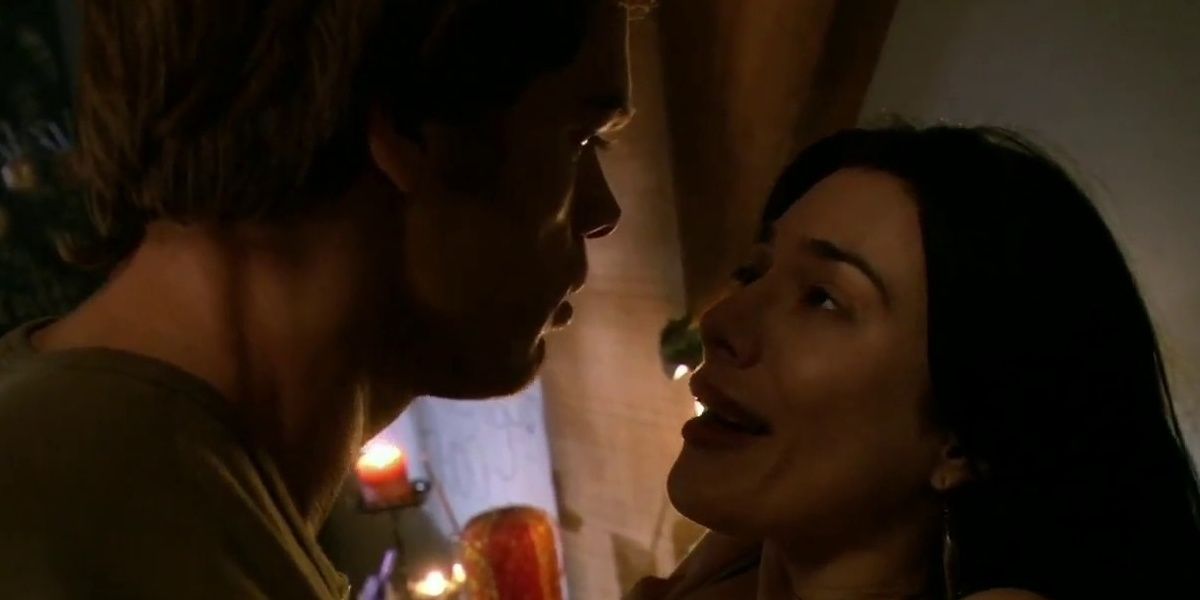Dexter Morgan is tentatively scheduled to make his highly anticipated return to the small screen in Fall 2021, and although seven years have passed since Dexter's critically-panned farewell, his popularity remains high among fans. Discussions have long centered around the moral quandaries of rooting for a main character who kills serial killers, and audiences have been left wondering how realistic Dexter's monstrous character really is.
Dr. Todd Grande, a Licensed Professional Mental Health Counselor, recently tackled the topic on his increasingly popular YouTube channel. Though Dexter is a fictional character, Dr. Grande attempts to unearth what could be happening in situations like his, and analyzes the psychological and personality characteristics behind one of America's most charming TV characters.
Openness To Experience
The first factor in the five-factor personality model is openness to experience. Dr. Grande ranks Dexter high on this spectrum, as evidenced by his curiosity, creativity and fantasy. This shouldn't surprise fans of the show, who are well aware of Dexter's "lizard brain" and tendency to fantasize about his kills.
Even in instances where Dexter is in perilous situations, he appears more curious than frightened. When the Skinner has him tied to a table in Season 3 or when Rita's mother comes to visit in Season 2, his mood reflects playfulness, like a cat. He has shown an extreme knack for creativity as well, such as when "Dan the dentist" escapes Dexter's car and he has to quickly stage an elaborate murder scene.
Conscientiousness
Due to his work ethic, organization skills, ability to complete tasks, and self-discipline, Dexter ranks high on this factor as well. The opposite traits certainly wouldn't describe his character, as he isn't incompetent at his job and doesn't normally demonstrate impulsiveness, though it has been shown to happen on occasion.
One example of this is when Dexter is in the midst of hunting the Trinity Killer. After sideswiping another driver's car, he is confronted by the driver and the sheriff's department. Though he internally tells himself to remain diplomatic, he is unable to control himself when the driver whips out his phone to film him, and he smashes the phone, getting arrested in the process.
Extraversion
Not surprisingly, Dexter is found to be low on extraversion, as he isn't outgoing, assertive, or high on positive emotions. However, Dexter's character understands the importance of appearing social to avoid suspicion, which he describes as "wearing a mask."
With the exception of Sgt. Doakes, nearly everyone in Dexter's life finds him to be a pleasantly social person; he brings the station donuts, attends after-work events, and surprisingly answers his cell phone quite often for someone with so many people to kill. His ability to mask his introversion only becomes threatened when someone gets too close (Doakes, Miguel Prado), or when he cannot control his environment, such as when Rita intercepts a call from his apartment landlord while Dexter is in the hospital.
Agreeableness
If extraversion observes one's desire to seek out social relationships, agreeableness focuses on the interactions within that relationship. Dr. Grande again finds Dexter to be low in this trait as well, seen in his inability to trust others, lack of empathy, and dishonesty. He does however acknowledge that Dexter is "altruistic at certain times to certain people."
This altruism is mostly evident with Rita and Deb. While Dexter is shown to be self-centered around others, he does appear to be more selfless in their presence. He delivers Rita a new car after hers is taken, and offers Deb his place to stay at after her traumatic experience with Brian Moser. He may consider himself to be a monster, but not one above cooking breakfast for his traumatized sister.
Neuroticism
Neuroticism is the only factor that Dr. Grande places Dexter in the middle of the spectrum. He notes that although Dexter displays some anger and depression in the show, he is typically shown to be non-emotionally reactive and relatively stable.
Not surprisingly, this has caused conflict for Dexter over the years. At times, he's the cunning and calculating serial killer next door, and other times he is the angry monster being held at bay. He occasionally threatens his opponents to not push him over the edge, lest they see the monster (Lila), but also demonstrates his ability to remain calm in stressful circumstances, such as with Rita's husband Paul. Even then however, Dexter eventually smashes Paul's head with a frying pan out of anger, breaking his own rule about getting emotionally involved.
Anti-Social Personality Disorder
According to Dr. Grande, most serial killers are diagnosed with anti-social personality disorder - the consistent disregard of right and wrong and ignorance towards the feelings of others. Indeed, he does find that Dexter possesses 4 of the attributes needed for a diagnosis but he doesn't, however, find him a good fit for the diagnosis in general.
Although Dexter meets the criteria of unlawful behavior (murder), deceitfulness (lying to cover his actions), aggression (assaulting his victims), and lack of remorse (which is inconsistent), most diagnoses normally come with substance use, narcissism, or other co-morbid conditions. Dexter appears to lack these other factors, making the case for this disorder more difficult to justify.
Incredible Insight
Though most serial killers suffer from anosognosia, a lack of insight, Dr. Grande observes that Dexter has an unusually high level of insight for a serial killer. He even theorizes that this is enhanced by Dexter's remorse, as he is shown to be capable of feeling badly for his actions at times.
The show has featured multiple instances of remorseful Dexter along it's run (following Rita's death or his brother's attack on Angel), but the series finale "Remember The Monsters?" declared it the loudest. After Dexter lays Deb to rest in the ocean, he finally acknowledges that he destroys everyone he loves and decides to go into hiding, presumably to protect the few loved ones he has left.
Unrealistic Psychopath
Given the evidence the show presents, Dr. Grande contends that Dexter is an unusual psychopath. This is found in his failure to meet most of the criteria for a factor 1 psychopath, which is how the show primarily paints the character. He appears to only meet 2 of the 7 traits, being callously unemotional and lacking remorse, which isn't enough to classify him as a factor 1.
The show reveals in Season 1 that Dexter's urges are tied to his mother's death, which he witnesses in horribly traumatic fashion. Following her death, Harry Morgan takes Dexter in as his own child, and with the help of Dr. Evelyn Vogel, constructs "the code" for Dexter to follow to keep him alive and out of prison. It would be interesting to know if Dexter would have developed the other criteria for factor 1 psychopathy had they not intervened on his behalf.
Unrealistic Serial Killer
Is Dexter Morgan a realistic portrayal of a serial killer? The answer, according to Dr. Grande, is no. In addition to demonstrating remorse and being insightful, he notes two additional ways Dexter differs from his real-life counterparts.
The first difference is in Dexter's drive to commit murder. Dr. Grande explains that most serial killers are motivated by a need to dominate, often sexually, something Dexter avoids regularly. Next is Dexter's selection process, which is based on Harry's behavioral code rather than physical attributes. Again, this conflicts with what professionals understand about what normally drives serial killers, which is almost never behavior-based, though Dexter does abandon his code at times and kills at will for dramatic tension.
A Model Citizen
Dr. Grande concludes that instead of being realistic, Dexter instead presents the idea of a "self-regulating serial killer paradigm. There are all these serial killers out there, but one among them [Dexter] rises up and wipes them out."
Dexter is shown to be charming, philosophical, conflicted, and intelligent, which is certainly entertaining, but highly unrealistic by psychological standards. Dr. Grande warns that a true representation of a serial killer wouldn't be pleasant to watch, thereby leaving audiences with the model representation of what they hope one could turn out to be.











